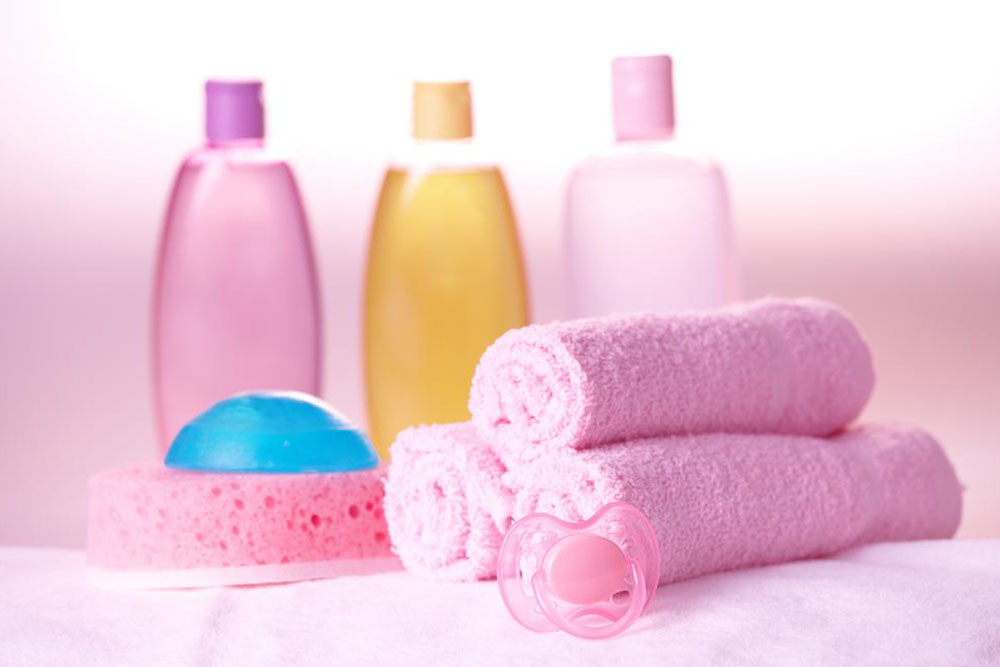Choosing the Perfect Shampoo for Your Hair Type
Find out how to select the perfect shampoo tailored to your hair type. This guide covers options for fine, damaged, oily, and sensitive scalps, helping you choose products that enhance hair health without causing irritation or weighing hair down. Understand key ingredients and tips to maintain healthier, more manageable hair with the right shampoo.
Sponsored

Many overlook shampoo in their hair care routines, focusing more on conditioners and treatments. However, modern shampoos often combine conditioning and moisturizing properties, offering comprehensive care in one product. With numerous options available, selecting the right shampoo can be overwhelming. It’s essential to understand your hair type and scalp sensitivity to make an informed choice. Picking the ideal shampoo ensures healthier, more manageable hair tailored to your specific needs.
Here’s a guide to help you select the right shampoo based on your hair type and maximize its benefits:
For fine hair
Fine hair lacks volume and appears dull. Opt for volumizing shampoos enriched with proteins and polymers that strengthen hair structure. Marine plant extracts provide collagen, giving hair a fuller look. Ensure the shampoo adds volume without weighing hair down, while still offering some conditioning to reach the roots.
For damaged hair
Damaged hair is coarse, straw-like, and frizzy regardless of weather. Use moisturizing shampoos with nourishing oils to restore strength and flexibility. These products help repair damaged cuticle layers and prevent further harm.
For oily scalp
Excess sebum causes hair to look greasy and stick together soon after washing. Select shampoos containing natural extracts and aloe vera that regulate sebum production and refresh the scalp, leaving hair feeling cleaner longer.
For sensitive scalp
Sensitive skin or scalp may be irritated, red, and painful. Choose gentle shampoos with soothing ingredients like vitamin B5, Bisabolol, and aloe vera. Avoid harsh chemicals, and consult a doctor if redness or itching persists for proper treatment.






